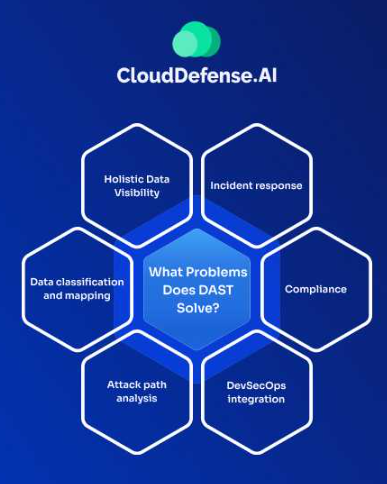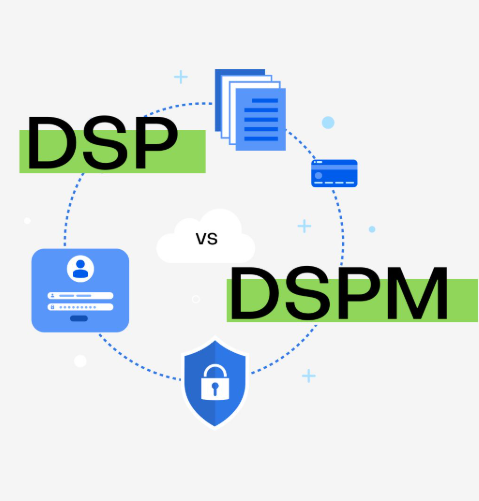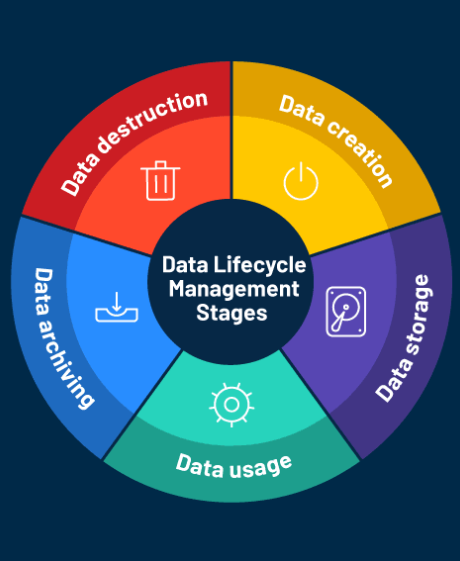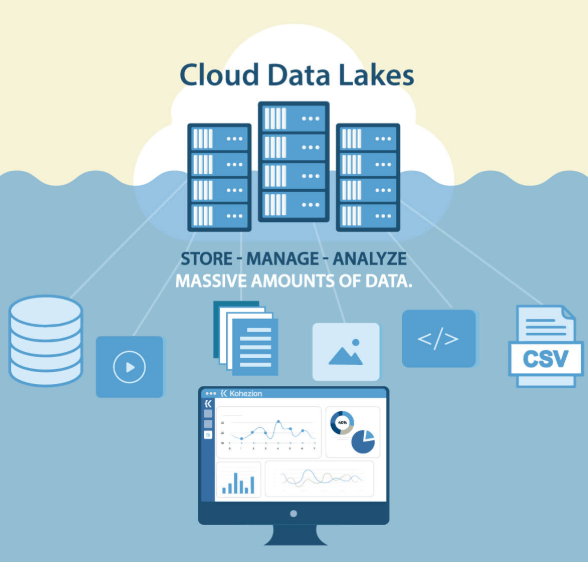
In today’s digital landscape, where data is a valuable commodity, effective data management practices are essential for maintaining consumer trust. One key practice that plays a pivotal role in building this trust is data deletion. When companies can demonstrate that they don’t just store data responsibly but also dispose of it securely and promptly, they strengthen their reputation as trustworthy stewards of personal information. This responsible handling of data fosters consumer confidence and improves relationships with customers.
What is Data Deletion?
Data deletion involves permanently removing information from storage systems to ensure it is no longer accessible or recoverable. Unlike simply moving files to a trash bin or hiding them, true data deletion overwrites the data so that it is irretrievably lost. This process is especially important when handling sensitive personal data, as it minimizes the risk of unauthorized access and data breaches while optimizing storage resources.
Data Deletion vs. Data Erasure
While often used interchangeably, data deletion and data erasure are distinct processes. Data deletion makes information inaccessible to the operating system, but it does not guarantee complete irretrievability. Deleted files can potentially be recovered using specialized tools, posing security risks.
Data erasure, however, goes a step further by overwriting the storage medium, making data impossible to recover, even with advanced recovery techniques. For sensitive data, data erasure is the more secure option, ensuring that information is thoroughly and permanently deleted.
Why Data Deletion Matters
Proper data deletion is not just about freeing up storage space; it is a vital component of data governance, security, and consumer trust. Retaining unnecessary or outdated data increases the risk of breaches and unauthorized access. It can also lead to non-compliance with privacy laws, which may result in penalties and damage to your company’s reputation. Deleting data responsibly is a fundamental part of maintaining data integrity, safeguarding consumer information, and adhering to privacy regulations.
Ensuring Legal Compliance
Compliance with data protection regulations like GDPR and CCPA is crucial for organizations handling personal data. These laws mandate that businesses delete personal data when it is no longer needed, ensuring the protection of consumer rights. Failure to comply can result in severe penalties, legal issues, and loss of customer trust. A clear data deletion policy, regular audits, and staying up-to-date with evolving regulations demonstrate a company’s commitment to privacy and data protection.
Promoting Data Cleanliness
Data cleanliness is a key principle of effective data management. It involves keeping data accurate, consistent, and up-to-date, free from duplicates and irrelevant entries. By regularly removing outdated or unnecessary data, businesses can maintain cleaner, more efficient datasets. This not only aids in compliance but also enhances decision-making and operational performance.
Building Trust Through Data Deletion
In today’s world, consumers are increasingly concerned about the security and privacy of their personal information. By implementing robust data deletion strategies, organizations show that they respect customer privacy and are committed to keeping data secure. This commitment to transparency and responsible data handling goes a long way in building trust with consumers and ensuring long-lasting relationships.
A strong data deletion policy assures customers that their data is handled with care and that it will be securely removed when no longer needed. This sense of security fosters trust and boosts consumer confidence in your organization’s ability to manage their data responsibly.
How Data Deletion Builds Trust
A well-executed data deletion strategy is a powerful tool for earning consumer trust. When businesses follow ethical data practices, particularly around deletion, they show a clear commitment to safeguarding customer privacy. Customers appreciate businesses that do not unnecessarily retain their data and that are transparent about how their information is managed, including when and how it is deleted.
Greater Transparency
Transparency is a cornerstone of trust, especially in a world where data breaches are common. A clear data deletion policy lets customers know exactly what data is collected, how it is used, and when it is deleted. This openness gives consumers control over their personal information and reinforces their trust in the organization’s commitment to data security.
Reducing Risks
Data deletion is essential for reducing the risks associated with storing personal information. By minimizing the volume of data retained, organizations reduce the chances of a breach and demonstrate their commitment to protecting sensitive information. A thorough data deletion process not only helps with risk mitigation but also ensures compliance with data privacy laws, further strengthening consumer trust.
Consistency in Service
Reliability is another crucial aspect of building consumer trust. By consistently following data deletion policies, organizations reinforce their commitment to privacy and data security. This includes promptly responding to deletion requests, adhering to retention timelines, and keeping security protocols up-to-date. Such transparency ensures that businesses are seen as responsible data stewards, enhancing consumer confidence.
Implementing a Data Deletion Strategy
To effectively manage data deletion, organizations should develop a well-defined policy outlining how and when data should be deleted. This includes identifying the types of data collected, understanding where the data resides, and establishing clear retention timelines. The policy should also account for regulatory requirements, such as GDPR and CCPA, to ensure full compliance with data protection laws.
Regular data audits are essential to identify outdated or unnecessary data that can be safely removed. Additionally, staff should be trained on the importance of data deletion and the best practices for following the policy. By implementing a comprehensive data deletion strategy, businesses can better manage their data, reduce security risks, and build stronger relationships with their consumers.
Conclusion
Data deletion plays a crucial role in building consumer trust and ensuring the security of personal information. By establishing clear policies and practices for data deletion, organizations can safeguard sensitive data, comply with privacy regulations, and foster transparency and trust with customers. In today’s data-driven world, businesses that prioritize responsible data management are more likely to earn and maintain consumer confidence.

































































